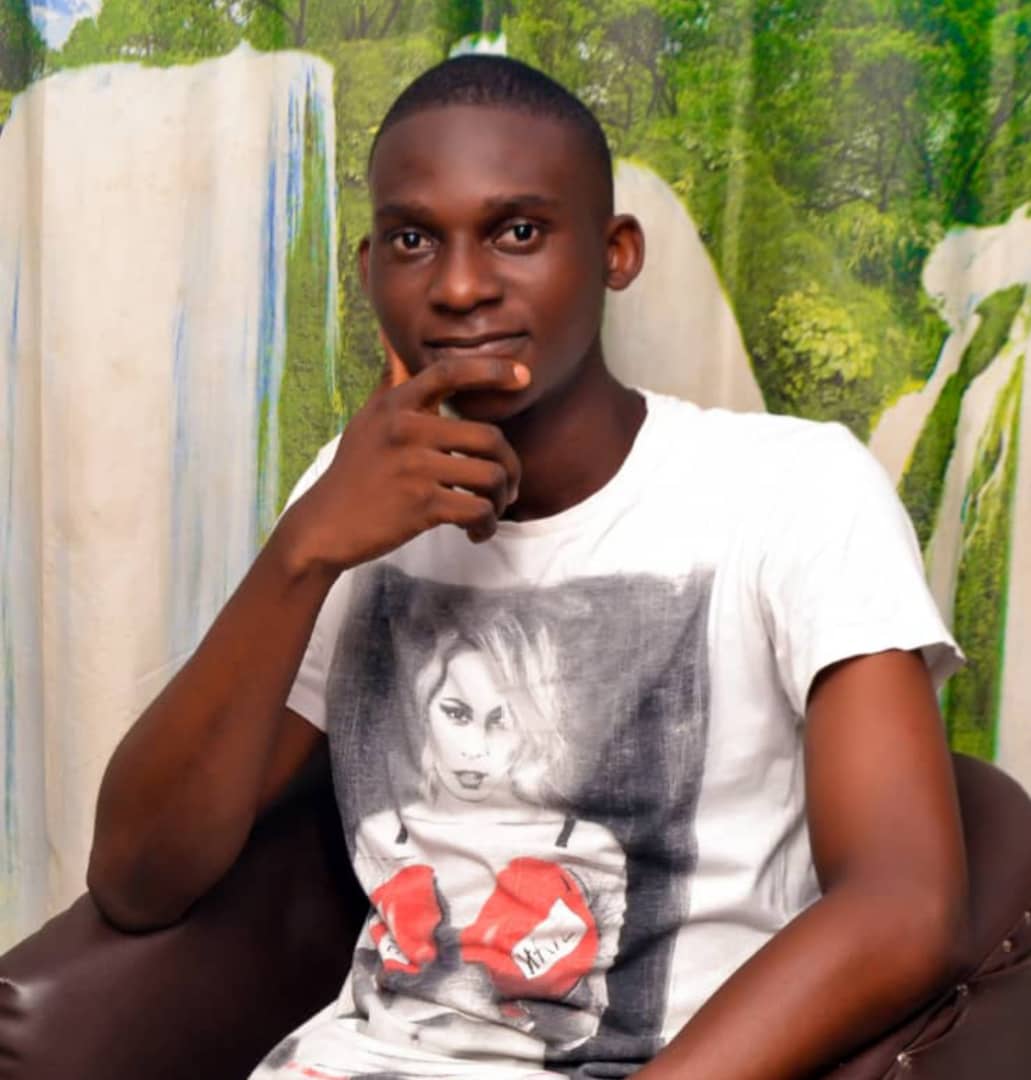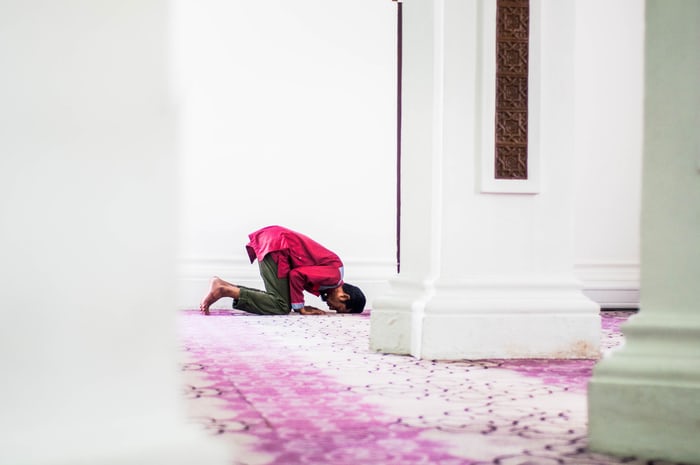Shitta Faruq Ademola
He learnt how to hold on to his name in Arabic school when Ustadh taught them the history of Prophet Mohammad (PBUH). How his life was perfect, free from sins and temptations; the way every Muslim wanted their life to be.
Whenever it was noon, he would perform ablution for Zuhr and head to the masjid. When Maghrib was around the corner, he would also perform the ritual the way the Prophet (PBUH) had taught. He wondered if it was a ritual or not, because, to him, this was a sign of a sort of baptism and when he did that, he knew he was clean in the sight of Allah and that his sins had been washed off his body. When he recited Allahu Akbar during Solat, he was proud of something, that he was a Muslim, and that his name was Ameen, ‘The Trustworthy.
When he became the overall best student in Islamic Studies in high school, bagged the first position in the Quranic competition he represented his Arabic School in, and when, finally, he got awarded a scholarship to Dubai for a religious programme, he realized that the best thing that had happened to him was being a Muslim who followed the doctrines of Islam and worked towards its development. He also felt a certain pride in his name, Ameen. Islam was the best thing that had happened to him, and he swore to live good in it.
But when he wanted to get married, and held to his faith, to spending his life with a Muslimah who wore the hijab, and who did not only wear the hijab for the fun of it, but also practiced Islam with sincerity and belief, he met Rebecca.
He is not sure how it happened but he fell for her, he realized this the very moment he saw her at the bank and those beautiful eyes of hers seemed to bore into him, to swallow him in their brilliance. He loved Rebecca. He loved her so much. But she was not a Muslim. And this is where his story faltered, shook, like a man standing in the commute, his whole word suddenly moving as he tries to hold onto something.
In his dilemma, he would think of the times they had spent together, the beautiful, beautiful things. He had fallen in love with her. However, she was not the kind of woman he had wished to marry. Perhaps he could convince her to become a Muslim, to join him in the light, but El-haji and El-haja would not give hands to it. He would imagine someone saying: ‘you shouldn’t convince a woman to become a Muslim for the purpose of marriage, you should only help her find the light herself’ and he would know this to be true.
For the first time since childhood, Ameen would begin to question himself, to question if he really could stay true to the meaning of his name. He would think of how many people’s trust he would break if he decided to defy all odds, and damn all consequences. He would think of God, in many ways he never did before. He would cry, in the middle of the night, and in the day, out in the open when thoughts of her surfaces on his mind. But he would give himself to fate. He would accept the turn of events. He would pray.
And because good things come to those who wait, or perhaps we could say, because sometimes, fate is a hand of mystery, he would find the beautiful Aarifa on a day he was returning from a Muslim Society meeting along Hala’ib, and he would see his whole future in her. He would find out that her name meant “Intelligent”, and the words on the lips of everyone he asked about her would be “Aarifa doesn’t joke with her deen, everyone knows that.” He would glance at her like he had done many times before but this time, for the first tim, he would understand the meaning of destiny.
Contributor’s note
In our contemporary literary world, there are very little promotional offers for Muslim literature. Most of the stories we read online do not touch on the lives of Muslims. What they do, and what hope lies ahead of them. We cannot argue the fact that other genres of fiction and poetry have a major stand in the world, and that we, the Muslims do not have a chance to write about ourselves.
This is what I wanted to emphasize in this story. I wanted to create a world for the Muslims to interact, to breathe, to dine, to see the good things in the world and laugh, to see the devils and cry, to die and be happy that a very precious life lay ahead of them. In this story, we can feel the visuality of the characters, their faith, the works they do and how they relate. This is a delight on my part, that I was able to give contributions to the lives of the Muslims, and that the public, especially the Muslims, reading every bits of it, would be delighted.
About the author

Shitta Faruq Adémólá is a young Muslim Poet, Phone Photographer and Fiction Writer From Nigeria. His works appear or are forthcoming in Jalada Africa, The Kalahari Review, Third Estate Art, Rigorous Magazine, Chautaqua, Praxis Magazine, African Writers and elsewhere. He was a joint winner in the Shuzia PenProtest Contest, 2020; a second place winner in Naija Haiku Contest, 2020; and also a joint winner in PIN 10-DAY Poetry challenge (November 2020. He believes Simi’s voice is ever charming. When he’s not playing Scrabbles, he’s admiring fair ladies along the busy streets in Abeoukuta. Say hi on Twitter @shittafaruqade1.
Banner image by afiq fatah via unsplash
